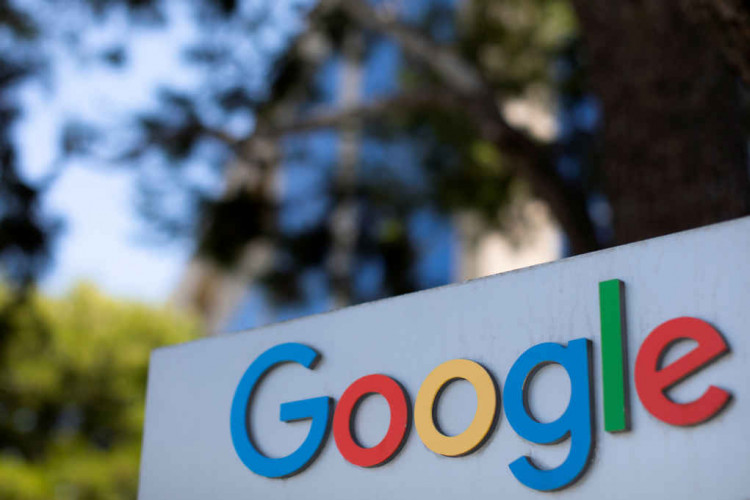Google is bringing significant upgrades to its Google Shopping platform, integrating artificial intelligence (AI) features to enhance the shopping experience for users. The newly announced AI-powered tools are designed to offer personalized shopping suggestions and helpful tips, marking a key step in Google's broader efforts to monetize its massive investments in generative AI technologies. This move comes as the tech giant continues to compete with other Big Tech firms in the race to dominate the AI landscape.
The centerpiece of the upgrade is the introduction of AI-generated summaries, powered by Google's advanced Gemini AI model. These summaries will provide users with insights into what features to look for when shopping for specific products. For example, when searching for a tea kettle to make matcha, users will be guided by AI on the benefits of a gooseneck spout for controlled pouring and the importance of precise temperature control. These summaries will appear near the top of the page, just below sponsored product listings, to offer guidance before users dive into individual product options.
"Imagine a store that's tailored just to your current interests, and that's really what we set out to create here," said Sean Scott, Google's vice president and general manager of consumer shopping. The AI upgrade is set to create a more personalized and streamlined experience, helping users quickly find the products that suit their specific needs.
In addition to the AI-powered summaries, Google Shopping is rolling out personalized feeds on both mobile and desktop devices. The feeds will be tailored to individual users based on their previous searches, browsing history, and even YouTube video preferences. This "For You" feed will display a carousel of products users have recently shown interest in, as well as in-line videos and recommendations for related items. If a product in the personalized feed doesn't resonate with the user, they can hit a "thumbs down" button to prevent similar products from being recommended in the future.
As part of this update, Google Shopping will also introduce a new Deals page featuring personalized discounts based on users' shopping habits. These personalized offers aim to entice users with deals on items they are likely to purchase, further enhancing the customized nature of the platform.
The latest AI additions to Google Shopping are part of a larger push by Google to monetize its growing investments in artificial intelligence. Alphabet, Google's parent company, reported spending $2.2 billion in the second quarter of 2024 on developing AI models across its DeepMind and Google Research units. This investment, which is double what it spent in the same quarter of 2023, reflects the company's ambition to integrate AI into its wide range of services. With competitors like Microsoft, Amazon, and Meta making similar investments, Google is under pressure to demonstrate that its AI initiatives can drive tangible value for users and generate revenue.
Google's new features, however, are not without challenges. Earlier this year, the company faced backlash after its AI Overviews feature provided inaccurate and bizarre suggestions, such as recommending users eat rocks or put glue on pizza. Following that controversy, Google scaled back the feature and worked to improve the reliability of its AI-driven suggestions. This latest rollout of AI in Google Shopping suggests the company has made significant improvements to ensure the technology enhances user experience without generating misleading or unhelpful content.
Google's AI-powered shopping recommendations are likely to change the way consumers interact with e-commerce platforms. By using AI to sift through vast amounts of product reviews and online data, Google aims to provide more informed and relevant suggestions, effectively streamlining the shopping process. According to Scott, "There's a lot happening behind the scenes ... in order to pull all that content forward." This sophisticated backend process uses keywords from user searches to generate recommendations, helping users make more informed purchasing decisions.
These innovations also signal Google's intent to compete with other major e-commerce platforms that already offer personalized shopping experiences. Platforms like Amazon and Meta have been investing heavily in AI to power recommendation algorithms and targeted advertising. With Google now ramping up its own AI offerings, the competition in the AI-driven shopping space is set to intensify.
While the personalized shopping experience will be available to users logged into their Google accounts, the company has made it clear that users will have the option to opt out of personalized recommendations. This feature, which can be adjusted in Google Shopping's settings menu, ensures that users who prefer not to share their data can still use the platform without receiving tailored suggestions.
Google's revamped shopping platform will roll out across mobile and desktop devices in the U.S. over the next few weeks, starting immediately. This is part of a broader trend within the company to introduce AI across its range of products, including Google Search, Android apps, and more. As the company continues to push AI as a core element of its strategy, Google Shopping's new features highlight the company's commitment to enhancing user experience through cutting-edge technology while generating revenue from its significant AI investments.






